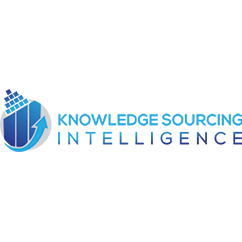Rapid Growth Projected for Hydrogen Fuel Cell Vehicle Market by 2030
Key Ideas
- The hydrogen fuel cell vehicle market is expected to grow at a CAGR of 19.78% from US$8.3 billion in 2025 to US$20.5 billion by 2030, driven by the need for decarbonization and renewable energy solutions.
- Companies like Stellantis, Tata Motors, and Hyundai are actively investing in hydrogen fuel cell technology, enhancing their product offerings and venturing into commercial vehicle segments.
- Government support and collaborations, such as Toyota's partnership with METI to establish a hydrogen supply chain, are propelling the market growth and aiming for a strong presence in the European and American markets by 2030.
- The North American region is witnessing significant growth in the hydrogen fuel cell vehicle market, supported by government policies like California's Zero Emission Assurance Project (ZAP) and incentives for alternative fuel vehicles.
A recent study projects a rapid growth in the hydrogen fuel cell vehicle market, with a CAGR of 19.78% from US$8.3 billion in 2025 to US$20.5 billion by 2030. The market's expansion is driven by the role of hydrogen-based fuels in decarbonization efforts, especially in sectors like long-distance transport where emissions are challenging to reduce. The adoption of renewable energy solutions and regulations promoting hydrogen fuel cell vehicles are boosting market demand.
Several key players, including Stellantis, Tata Motors, and Hyundai, are actively investing in hydrogen fuel cell technology. For instance, Tata Motors launched Hydrogen Fuel Cell powered buses in collaboration with Indian Oil Corporation, while Stellantis expanded its hydrogen fuel cell offerings for vans in Europe. Hyundai introduced its INITIUM hydrogen fuel cell electric concept vehicle with advanced technology.
Government support and partnerships, such as Toyota's collaboration with METI for a hydrogen supply chain, are driving market growth. The North American region, particularly the USA, is experiencing significant market growth due to supportive policies like California's Zero Emission Assurance Project (ZAP). The report also highlights the growth segmentation by vehicle type, driving range, end users, and geography in the hydrogen fuel cell vehicle market.
Overall, the positive sentiment towards hydrogen fuel cell vehicles is reflected in the market's projected growth and the efforts by key players and governments to promote a hydrogen-powered future.
Topics
South America
Renewable Energy
Commercial Vehicles
Government Support
Market Growth
Technology Advancement
Latest News
